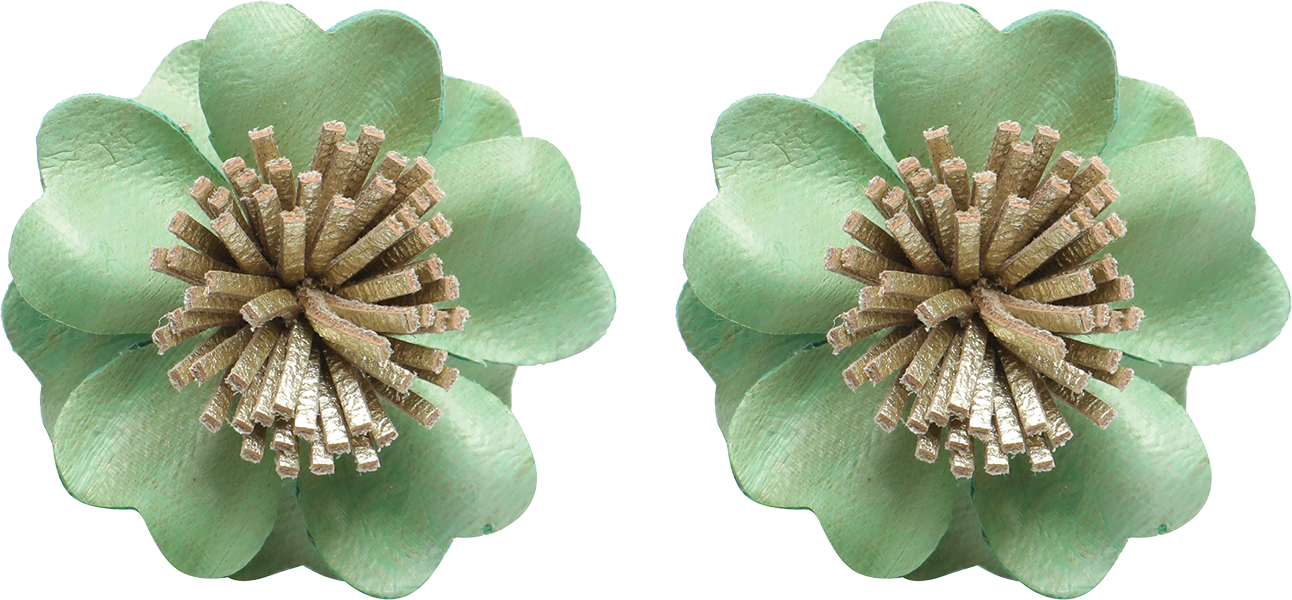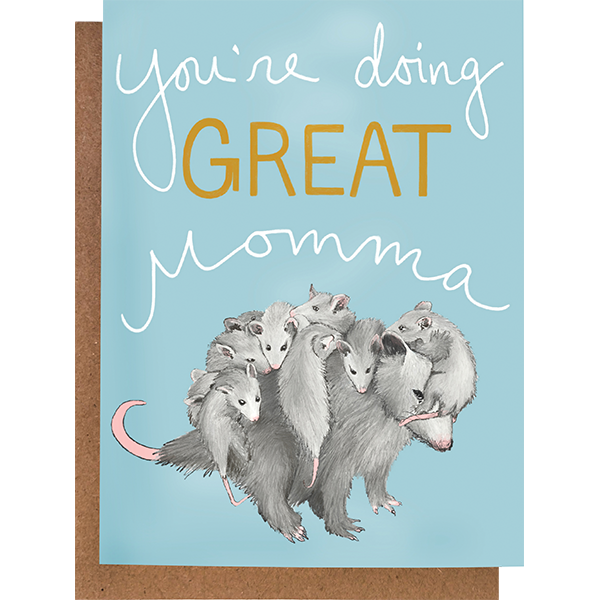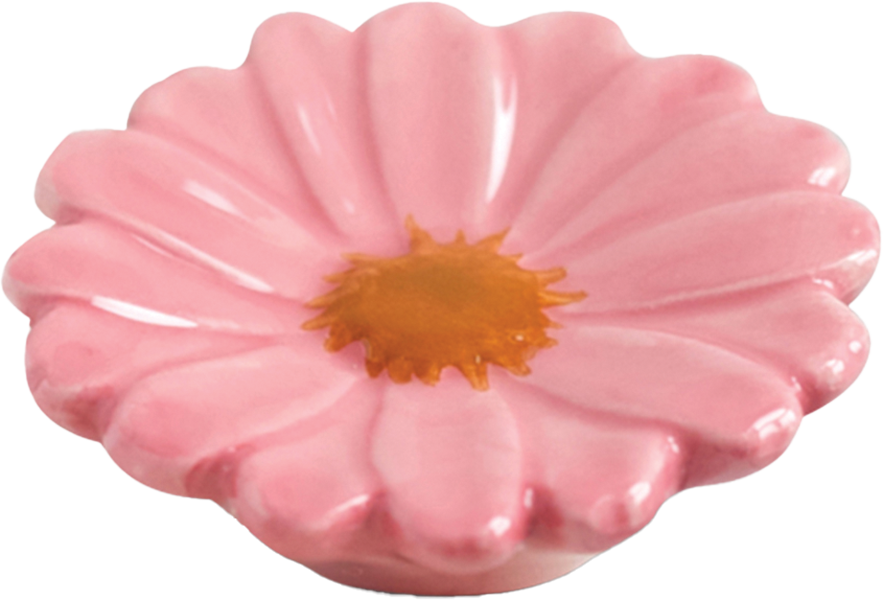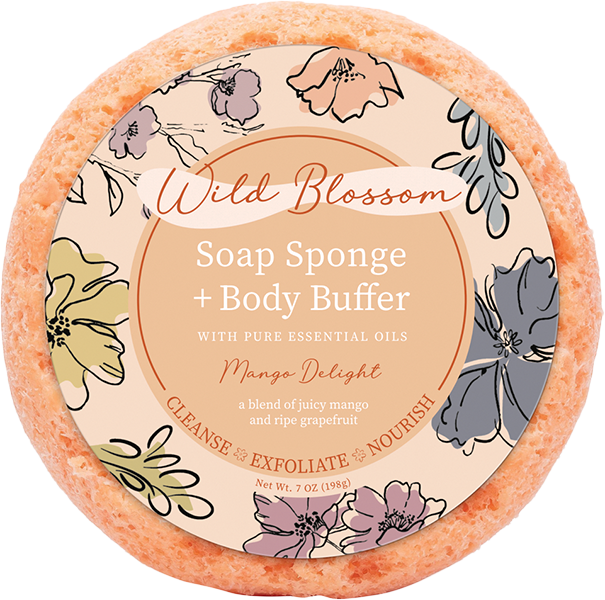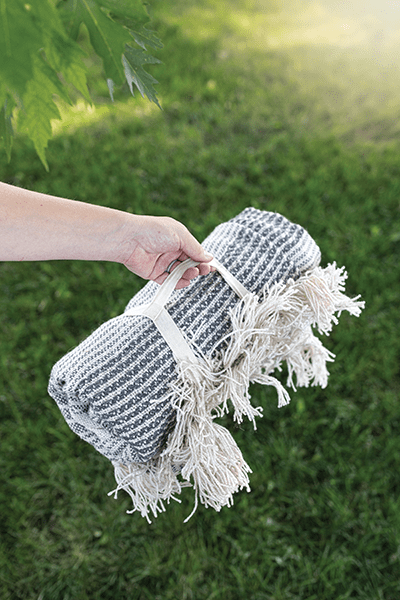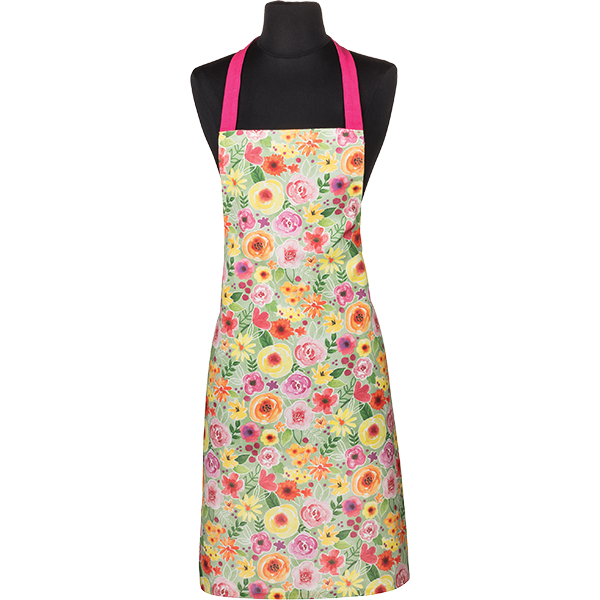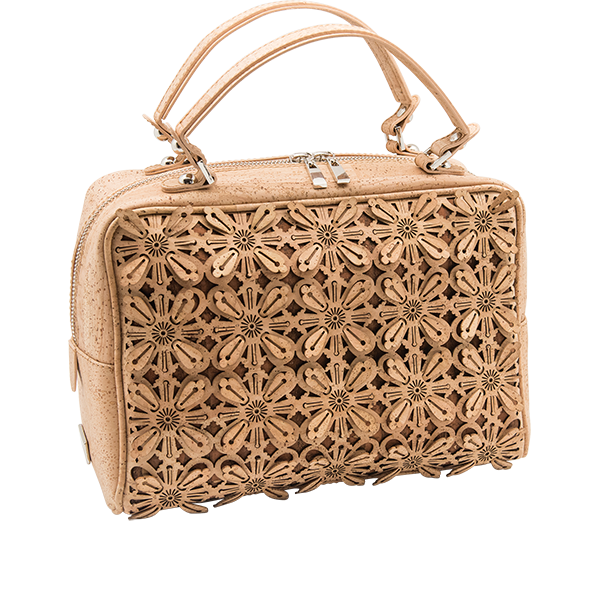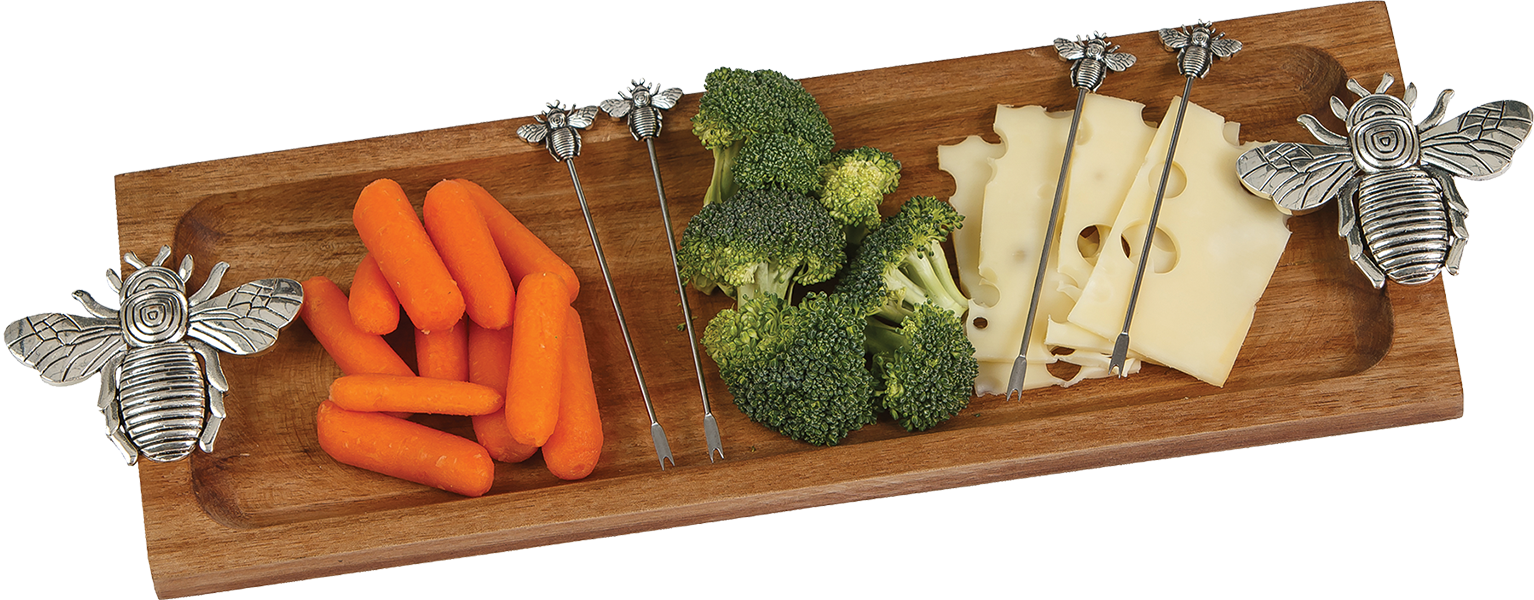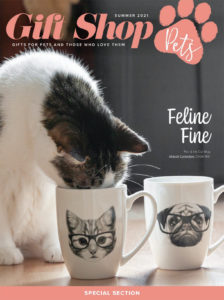CBD Information Highway
Things to consider
As the CBD market grows within the pet industry, more companies are jumping on the bandwagon. Jodi Ziskin, Director of Communications with Treatibles suggests asking the following questions:
- Is the hemp used in the product grown in the USA? Is it organic?
- Does the product contain full spectrum hemp oil or just an isolate?
- Does the company third party lab test and freely share the results?
- Does the milligram count on the label reflect the amount of hemp oil or does it include the carrier oil(s)?
- Does the company offer customer service via telephone and email?
- How is the palatability of products, and do animals happily take them?
- Is the company a National Animal Supplement Council (NASC) member and are they fully compliant with their packaging and marketing?
Customers love a new product that’s all the rage. Whether for their pets or themselves, trends can be for anyone. Now, it’s CBD. There’s a lot of information floating around online about CBD. It’s become this huge wave, but as far as our pets — and ourselves — are concerned, we want to know what is the best to use.
Cannabidiol, or CBD, is cannabinoid found in the cannabis plant but is very different from its THC counterpart. CBD extracted from the hemp plant can help ease anxiety and stress, alleviate physical ailments, and even shrink tumors in animals. It is a true miracle plant. Angela Ardolino can attests to that. As the founder of CBD Dog Health and a medical cannabis expert — she earned professional certification in the therapeutic uses of medical cannabis from the University of Vermont College of Medicine — Ardolino has dedicated her life to educating the public, veterinarians, groomers and retail shops about the power of CBD. “Healing animals and educating as many pet parents as possible is my life’s purpose, “said Ardolino in a release announcing the company’s new full spectrum hemp CBD tinctures.
Though she focuses her efforts on the pet industry, this venture began with her own story. Ardolino learned how CBD can help when she tried it on herself after being diagnosed with anxiety and rheumatoid arthritis. In fact, many professionals in the pet industry began learning about and wanting to develop CBD products because of their own, their pet’s or their family’s suffering.
Brad Pattison, founder of Brad Pattison Pet Wellness is a dog behaviorist and training author who was thrusted into the world of CBD after losing his Border Collie, Kya, to lymphoma cancer. “I wish I had known about CBD when Kya was still alive,” said Pattison. “I’m passionate about helping spread the word to other pet owners so they can be informed about the benefits of CBD.”
Pattison consulted with veterinarians to learn about dosing and spent months studying what works and what does not in order to come up with the most beneficial product line for pets. “We approach the concept of helping pets first by placing the need of the pet first,” he said. “We focus on quality and wellness success.”
The Journal of Experimental Medicinepublished a study that found CBD helped reduce inflammation and pain in mice and rats. This helped establish that it also provides a new treatment for chronic pain in humans and other animals. In addition to physical pain and inflammation, the use of CBD oil has been proven to significantly help with epilepsy and seizures; anxiety disorders; type 1 diabetes; acne and Alzheimer’s.
It’s a lot to take in. But it is vital that retailers and consumers alike become educated about the uses of CBD and what ingredients are safe for both your pets and yourselves.
Legalities
Medicolegal realities surrounding this industry are constantly changing and progressing. Similar to marijuana, when it comes to CBD oil, some state and federal laws differ. CBD legislation is very complex and can be confusing, but a list of states with specific laws can be found on ProCon’swebsite. Each state has distinct laws legalizing CBD with varying degrees of restriction and, federally speaking, it’s considered in the same class as marijuana, but not strictly enforced, according to Harvard Medical School. Cannabis is considered hemp, not marijuana, as long as no part of the plant exceeds a THC concentration of more than 0.3 percent on a dry-weight basis. Additionally, the FDA has abated regulations to allow CBD to be further researched, and has gone as far as to approve a prescription consisting of CBD oil to treat two forms of epilepsy. The laws in most states are perpetually evolving, so it’s suggested you keep up with what’s currently legal in your own state should you decide to carry CBD products.
Dosage
When it comes to dosage and how to tell what you’re really getting, it’s important for each label to specify a quantified of amount of CBD and PCR. Dosing is probably one of the most common questions from people. In the human market, when we’re dealing with medicine and pharmaceutical drugs, dosing is extremely vital. This medicine is different, because we all react and respond to it differently. With cannabis, it depends what you’re treating. If it’s an anxiety issue, you’re going to dose before the anxious moment happens. Wait for a bit and see if you get the desired results. If you’re treating something like arthritis, cancer or an autoimmune disease, you’re going to want to use it every day.
For pet companies, it’s essentially the same process. “When this industry began, it was like the Wild West. There was virtuallyno information on what worked,” said Matt Terrill, CEO of Innovet Pet Products.
Companies like Innovet and so many others started with what was considered the scientific general consensus that 1 milligram of CBD per 1 kilogram of bodyweight was a good bet.
The most important thing, is to know that it’s impossible to overdose on cannabis medicine. The reasoning for the dosage is simply so you’re not pouring through more than the amount you need, therefore not throwing money down the drain.
Labeling
There’s a big issue when it comes to labeling. First, understanding which product you’re selling is important to understand. I recently attended a panel where Rob Kovler with Animal Nutritional Products explained the difference between CBD isolate and full spectrum. These two very different types of CBD come from the same plant (hemp), but an isolate is just CBD. Full spectrum has other CBD in it: CBDs A, B, C and V in addition to CBD. Full spectrum also has terpenes, which are what help with pain management and sleeping aids, among others.
This is a confusing industry and there are a lot of false facts. Criticize and ask questions; if there’s no answer for it, there’s a reason. Every bottle of CBD oil or package of product containing CBD should have a production and batch date. Each should also have a link to certificate of analysis. You can check a lot of obvious things as well. If the total weight of a bag (for example) reads 450 grams and somewhere else on the package it reads 450 grams of CBD, then they’re saying the entire bag is pure CBD, so you know it’s not accurate, likely discrediting the company entirely. Check the back of the bottle or package for proper information on dosage. How many milligrams are in each serving indicates how much CBD is in the bottle and directly affects the dosage dropper.
When deciding which products to trust, make sure you look for label claims and make sure it’s a quality product from a company you trust.
When it comes to CBD products and the pet industry, the market is oversaturated. If you have questions about where to start, Innovet’s website offers a comparison of their brand to several others to help guide customers who are attempting to navigate this industry.
Whatever product you decide to buy, whether it’s on the internet or in person, for yourself or for your pet, look for a third-party analysis; it will tell you the exact amount of CBD (as compared to heavy metals, pesticides, etc. around the hemp plant). If a company doesn’t proactively show you this, be wary. If there is an analysis, make sure the lot number and expiration dates match those on your product to ensure you’re not receiving a dated report.
If CBD is able to be sold in your state, it can prove to be a lucrative and beneficial move to offer it on your shelves. Do your research; ask questions; and find not only a great company or companies that you trust, but if you use CBD yourself, you become better at selling it because you can explain the health and lifestyle benefits.

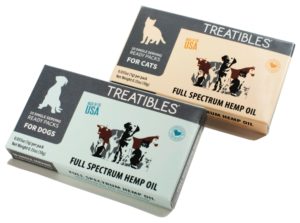
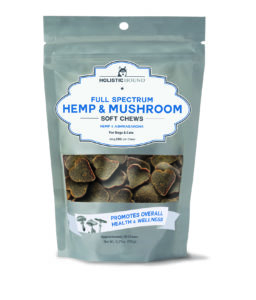
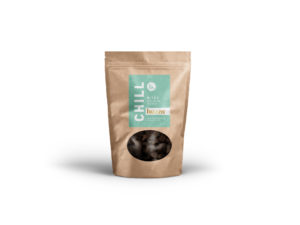
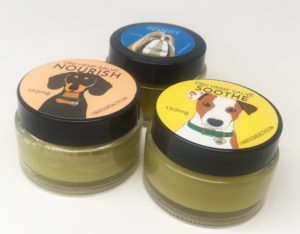
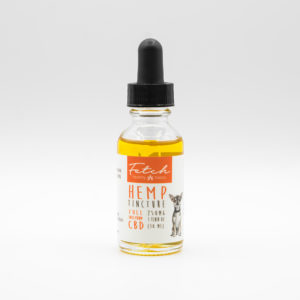
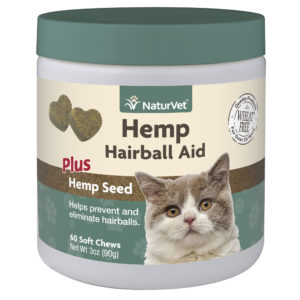
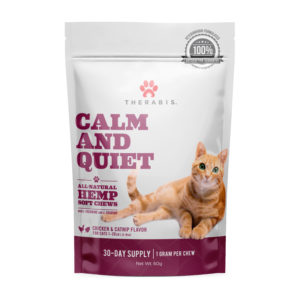












 News
News
